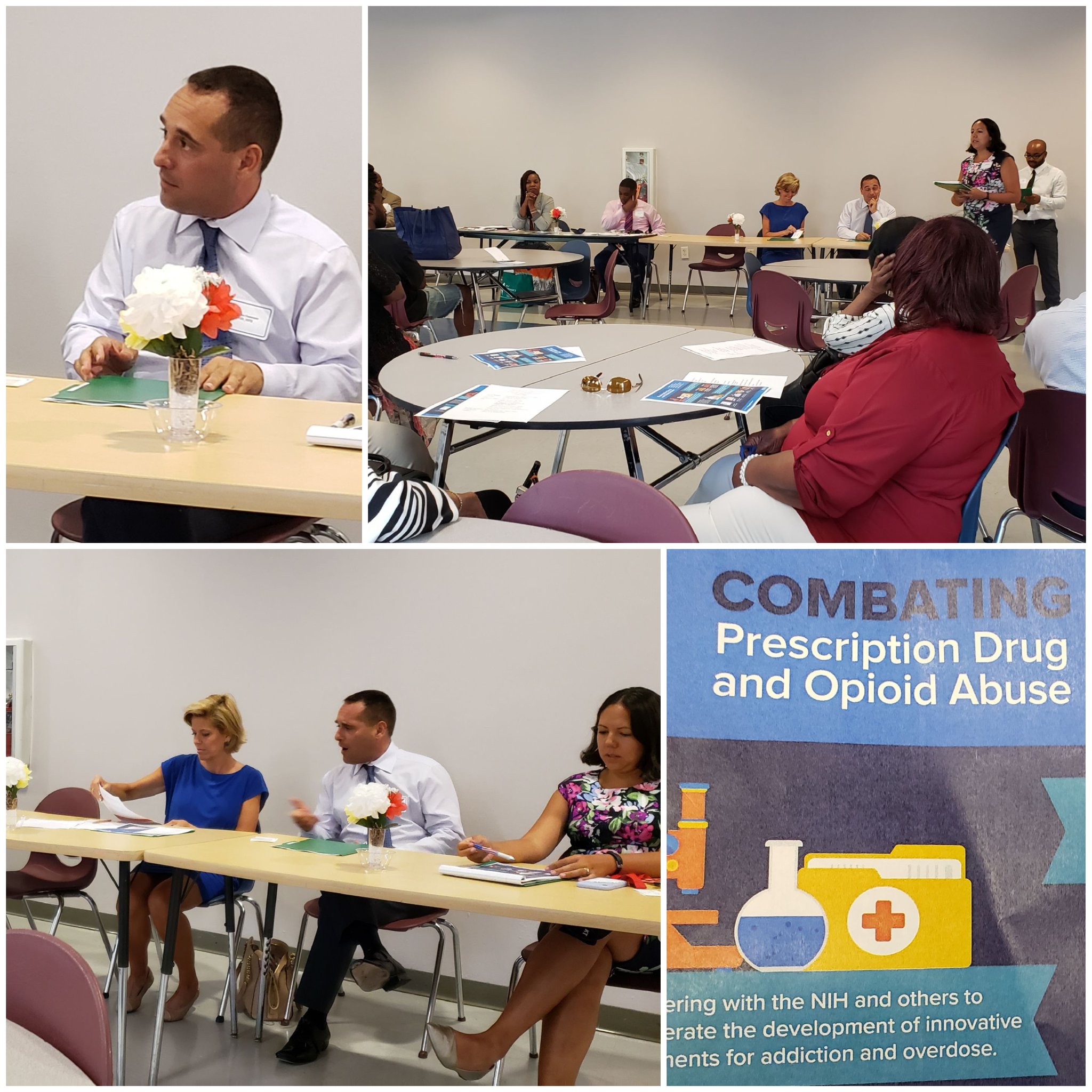Opioid Policies

Much like the rest of the United States, residents of the District of Columbia are struggling with substance use disorder (SUD) rate increases and high rates of opioid-related deaths. Unfortunately, these are multi-faceted issues that require year-long initiatives and systematic programs to address the myriad causes of addiction.
MSDC stands as a partner to the District government and private entities to help arrest the rates of opioid and substance abuse in the District. Through our advocacy for better prescribing practices, education on addiction, and even helping our own community through our Physician Health Program, MSDC is working to make DC a leader in reducing SUD, OUD, and addiction.
On a related note, MSDC is passionate about helping patients make prescriptions and medication more affordable. Whether expanding access to biosimilars or advocating for more affordable co-pays, MSDC wants to help our patients afford the medications they need.
MSDC Statement and Testimony on Opioid and Prescription Issues
25th Council information coming soon
Physician Community Speaks Loudly on Scope Bill
The DC physician community spoke up and spoke loudly on December 7, arguing against expanding scope of practice in DC.
The cause was a hearing in the Committee on Health for B25-545, the HORA Revisions Act. The bill would update the law governing medical licensing and practice in the District. Notably, the bill would dramatically expand the scope of practice for numerous allied health providers as well as change the Board of Medicine to include physician assistants, a podiatrist, a chiropractor, and an acupuncturist.
MSDC President Dr. Ashesh Patel testified early in the hearing on behalf of the Society. In his testimony, he noted the large number of physicians and organizations speaking or submitting testimony concerned with the legislation. He shared that MSDC's testimony would briefly touch on these topics, and leave the details to others, while highlighting larger concerning themes. Other members, like Dr. John Dombrowski, spoke to specific concerns on scope expansion. Even the American Medical Association testified at the hearing to give a national perspective.
Sample of Legislation MSDC Tracked on Opioid and Prescription Policy
What does it do? The bill authorizes licensed pahrmacists to dispense interchangeable biological products and requires notifications to physicians when such interchangeables are dispensed.
MSDC position: MSDC has a position of priority support on this legislation, identifying its passage as one of its highest legislative priorities.
Current status: SUCCESS. The bill was passed by the Council and signed by the Mayor.
What does it do? The bill requires prescription opioid medications to include a statement that the drug is an opioid and opioids may cause dependence, addiction, or overdoes.
MSDC position: MSDC supports the legislation.
Current status: The bill had a hearing before the Committee on Health on July 29, 2020. MSDC leader Dr. Sam Kareff testified for the Medical Society. It passed the Council on November 10 and was signed by the Mayor December 7.
What does it do? The bill prohibits insurance companies from factoring the use of PreP in decisions related to disability, life, or long-term care policies.
MSDC position: MSDC supports this legislation
Current status: The bill was introduced on January 8, 2019 and assigned to the Committee on Business and Economic Development.
